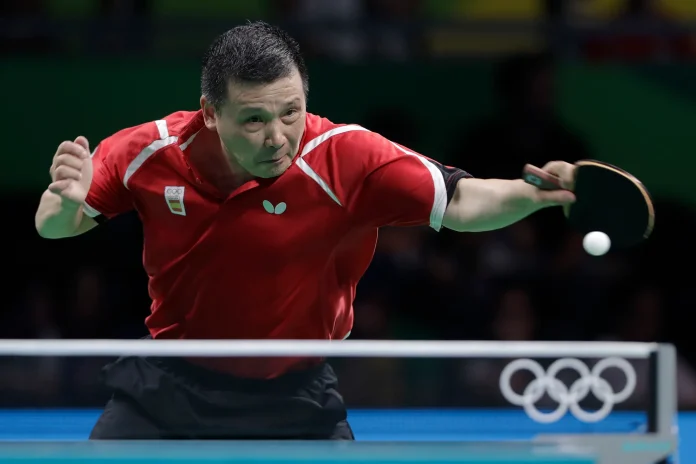The Spin Paradox: Losing More While Winning Often
In the ever-whirling carnival of digital slot games, there lies a peculiar riddle known as the Spin Paradox. It’s the uncanny scenario where players experience frequent wins — celebratory jingles, flashing animations, bonus triggers — yet find themselves steadily draining their balance. How can one win often, yet walk away with less? The answer lives in the space between design psychology and cold, calculated math.
Modern slot platforms like pgnew888 and pgcash88 have mastered the art of crafting reward illusions. Unlike old-school fruit machines with blunt mechanics, these digital marvels have introduced a cascade of near-misses, “win but less than you bet” payouts, and micro-rewards that fire dopamine like confetti. You might spin and win ten times in a row — but if each win returns less than your stake, you’re being congratulated for losing incrementally.
This paradox is the heartbeat of slot gamification. It transforms traditional losing into a spectacle. Rather than displaying a flat “you lost,” many systems now couch it in sensory reward. Flashy effects, sound cues, and pseudo-positive messaging (“Nice Try!” or “You’re getting close!”) trick the brain into categorizing small losses as progress. This tactic is subtle yet potent. It creates illusionary momentum, a sense that success is just around the corner.
The mechanics behind this are often masked in something called RTP — Return to Player — percentages. On a platform like pgcash88, a slot game might promise an RTP of 96%, which sounds generous. But that percentage plays out over millions of spins, not the dozen you hit before breakfast. Meanwhile, the game’s volatility dictates how streaky or stable your journey feels. Frequent wins with low payouts are a hallmark of low-volatility games — exactly where the Spin Paradox thrives.
Here’s how it warps perception: the brain is wired to prioritize novelty and reward. Each time you hear a win tune, regardless of actual profit, your limbic system registers it as a positive event. This neural celebration hijacks rational accounting, causing you to continue spinning despite cumulative loss. It’s a feedback loop of euphoric futility.
This isn’t manipulation in the villainous sense — rather, it’s a deliberate engagement strategy. Game designers working behind platforms like pgnew888 understand that retention isn’t just about payouts; it’s about intermittent gratification. The randomness must be rich enough to be exciting, but structured enough to keep users feeling rewarded — even when their wallet says otherwise.
Understanding the Spin Paradox is crucial for anyone diving into the digitized reels. Awareness doesn’t ruin the thrill — it enhances it. Recognizing the difference between symbolic wins and actual gains can help players appreciate the artifice without falling into the psychological sinkhole.
In the end, slot games are digital theatre. They’re designed not just to entertain, but to envelop — with reward lights, artificial highs, and paradoxical spins. So next time the reels dance and coins rain onscreen, take a breath. Ask: “Did I really win, or did I just pay for applause?








